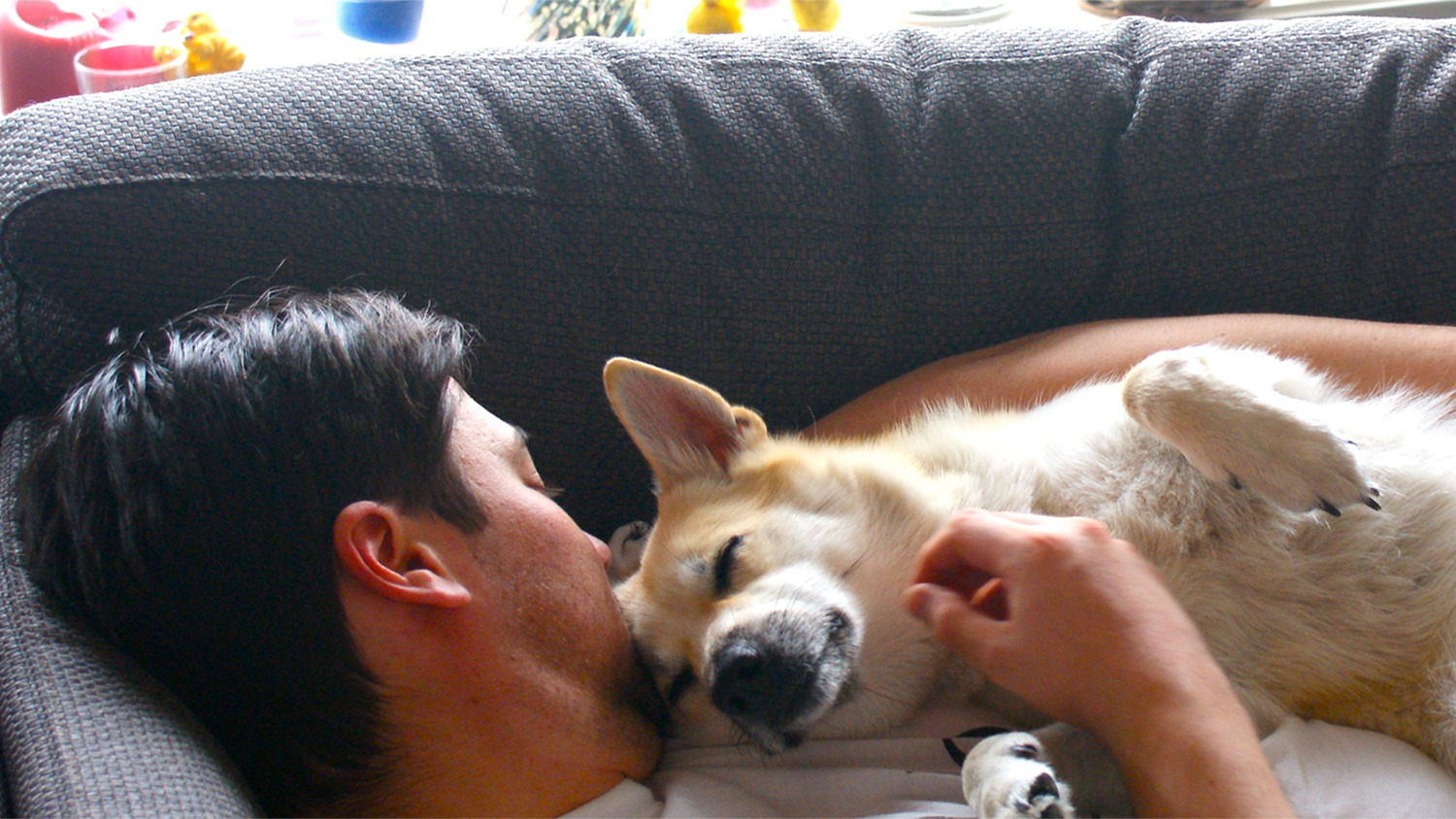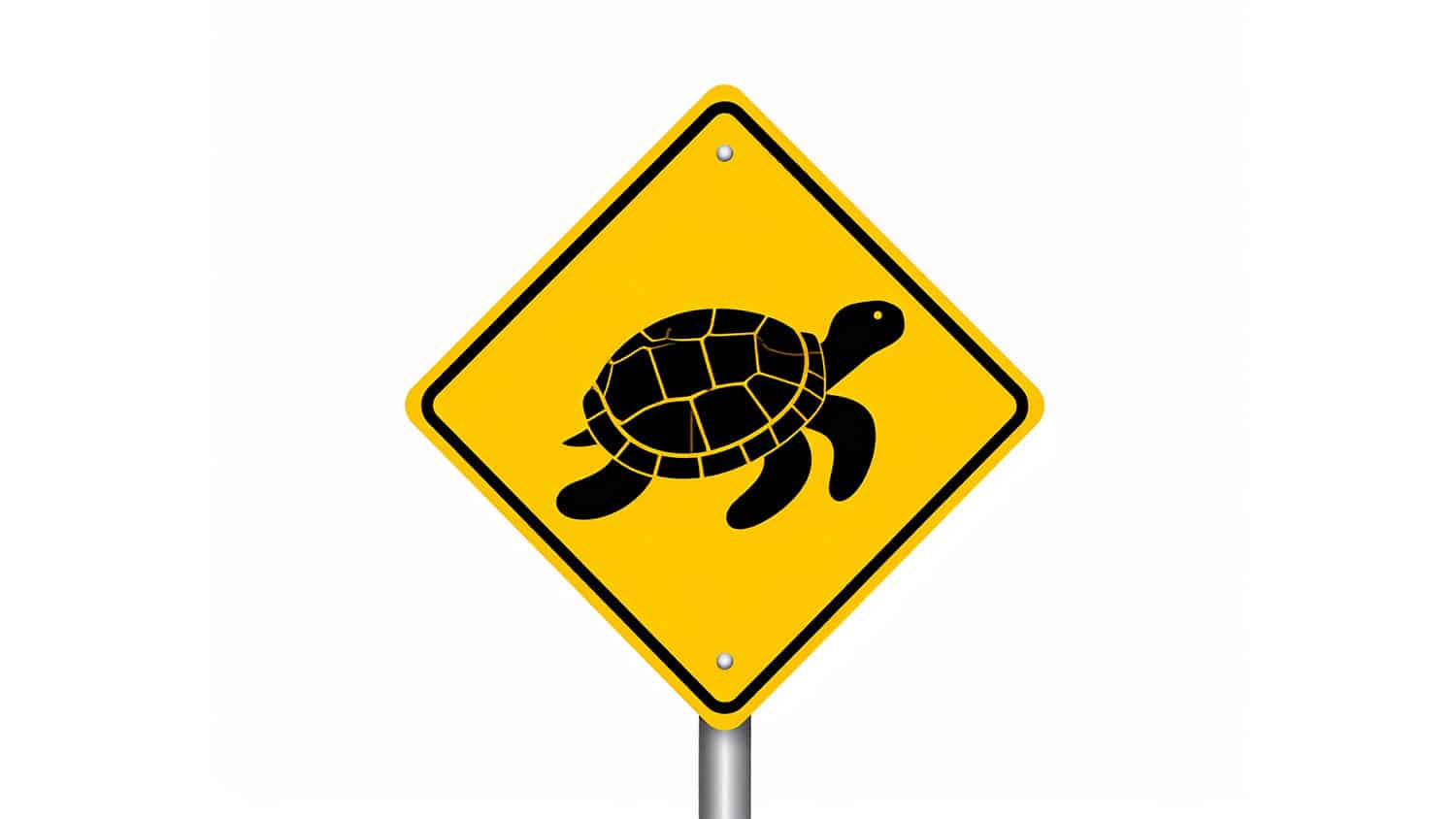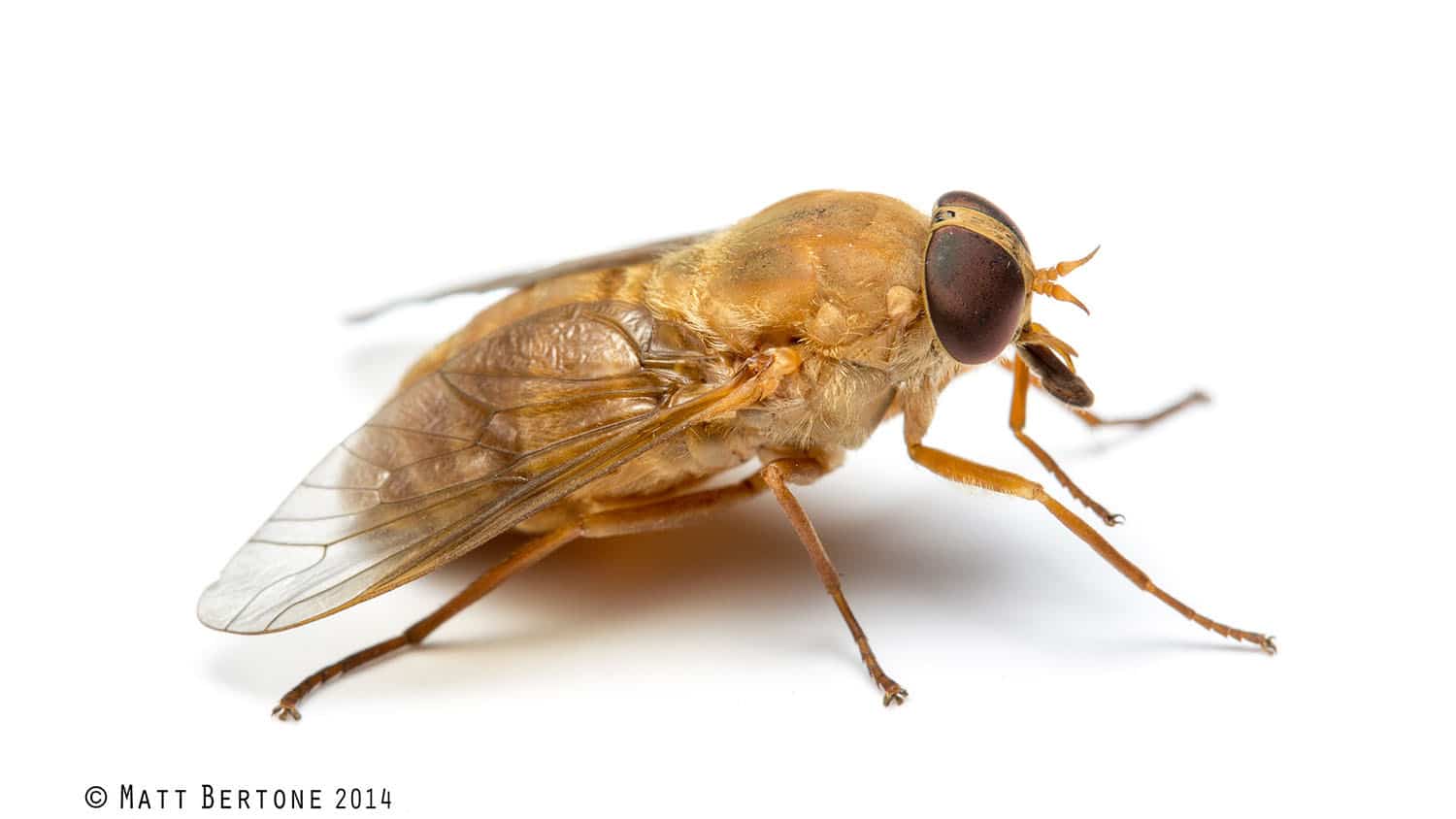We’d all like to think that our pets love us as much as we love them, but how can we know? How exactly could pets show love, anyway? Are they cuddling with us out of affection or because they want dinner?
Those are good questions. And it turns out that we know a lot about how pets relate to their favorite humans.
In what ways do pets show love?
“Pets show love by being excited to see us, by greeting us, by vocalizing in ways that show us they’re excited to see us, by spending time with us and seeking us out to be with us,” said Margaret Gruen, an assistant professor of behavioral medicine in NC State’s College of Veterinary Medicine.
Pets exhibit behaviors that show that they recognize familiar people, which reinforces that pet-human bond.
“Even rodents will recognize their person and respond differently to them,” Gruen said.
There are actual chemical responses in human brains related to love and affection. Are there similar chemical responses in pets?
“Yes. For sure in dogs,” Gruen said. “There have been several studies that have looked at oxytocin in dogs and people.”
For example, a mutual gaze between a dog and a human can increase oxytocin in both the human and the dog, Gruen said.
“This hasn’t really been looked at much in other species, though,” Gruen said.
What is oxytocin?
“People call it the love hormone,” Gruen said.
A neuropeptide, oxytocin is a hormone that plays a role in establishing and maintaining some interpersonal bonds. For example, oxytocin is released at childbirth, and is important in mother-child bonding.
Is there a certain way we should talk to our pets to help gain their trust?
People definitely use ‘baby talk’ or special voices for their dogs, Gruen said.
“We don’t know anything about what that does oxytocin-wise, but pets know that you’re talking to them,” Gruen said. “They know that there are voices and words that are meant for them. To gain trust, baby talk isn’t necessary but a positive voice and interaction are.”
Pets may even know that particular songs are meant for them.
How can we tell if a pet loves us?
“Almost all the ways that show that pets love you are built on the understanding that you love them,” Gruen said.
The human-animal bond goes both ways. More confident animal behaviors demonstrate that pets trust and love you.
“A dog or cat who may be friendly but is worried about you may show more submissive behaviors or avoidance behaviors,” Gruen said. “But if they are confident in the relationship, then they’ll show more confident behaviors.
“The relationships that people build with their pets are amazing to see. People appreciate that bond – I think people used to be embarrassed about it – but now people understand how important that bond is to both the pet and the person.”
Can other pets show love?
Horses show familiarly and can recognize people, Gruen said.
“Horses provide a lot of companionship for their person and are another animal that can give and receive trust,” she said.
Gruen said that with animals such as snakes, relationships may be a bit more one-sided than with a dog.
“Interaction with an animal like a snake is still very important and puts people in a caretaking position, which is also very important, because the snake cannot provide for itself inside your home,” Gruen said. “I think people get a little less back from them – which is another reason why people love dogs so much, because they give us back just as much as we give them.”
How can we best show love to our pets?
Gruen said that providing for the needs of their pets – physically and emotionally – exhibits love. Pets living in an enriched environment feel safe.
“Its important to take a ‘pets-eye’ perspective when handling them,” Gruen added.
How much time elapses before pets truly love you?
“I think time varies for both individual species and individuals within a species,” Gruen said. “Some species take longer to build that trust and comfort; others take very little time.”
For example, dogs can often show love for you very quickly, she said.
“A dog who has had a lot of prior negative experiences with people may take a little longer. Other dogs may show love at first sight.”
Do pets show affection for different reasons other than wanting to be with us or to show us love?
Pets may seek attention to get walked or fed, but that’s different from affection, Gruen said.
What are some tips for showing love to pets with physical or chronic injuries?
“We have to adjust to what pets can do. A book called No Walks?, No Worries! provides recommendations on how to provide mental stimulation if you can’t provide physical stimulation,” Gruen said.
If a pet cannot go for a walk, Gruen suggests that owners exercise their pet’s brain. Such exercises may consist of food puzzles, or toys that entice pets to figure out how best to get a treat.
“Making sure an injured pet’s brain is being engaged provides an outlet for energy that’s not being used going on walks or jogs,” Gruen said.
Walks are especially enriching for dogs to engage their noses.
“A recent study showed that dogs who get to spend time sniffing while on walks are happier and more positive than dogs who are not given the opportunity to smell – so that sniffing around is very important as an enrichment for them,” Gruen said.
For those dogs who can’t go on walks and smell, Gruen suggests providing nose-work inside the home or food toys that will fill in the gap for the missed mental stimulation.
Is a pet’s love unconditional?
“Although I think pets are much more forgiving than maybe people can be, I don’t think a pet’s love is unconditional,” Gruen said. “I think there are situations when we can lose their trust if we don’t act in a trustworthy way, but pets are very forgiving and very resilient – especially dogs.”
Animals who are less domesticated and who have a tendency to be afraid, such as parrots and exotic pets, may be less forgiving than dogs.
“Some cats may be less forgiving too, but I think cats are pretty resilient,” Gruen said.
- Categories:



